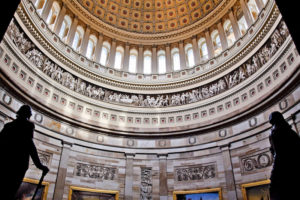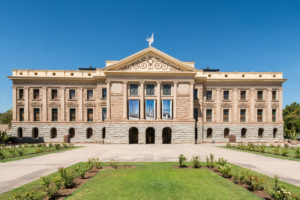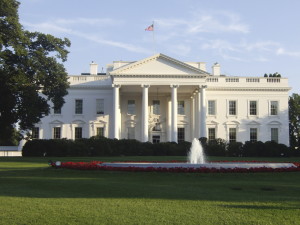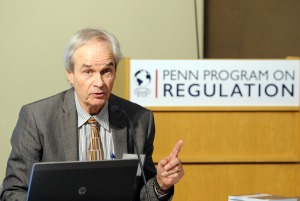Threatening Chevron Deference Threatens Government as a Whole
Scholar argues that overruling deference to agencies will constrain U.S. government action.
Red State Lawmakers Preempt Campaign Finance Laws in Blue Cities
Republican states with major democratic metropolitan centers forestall local efforts to reform election law.
Protecting Adjudicators From Political Threats
Scholars argue that federal administrative law judges need more insulation from political pressures.
Defining and Establishing Goals for Medicare for All
Although “Medicare for all” has picked up political traction, how it will materialize remains unclear.
What Tomorrow Holds for U.S. Health Care
Experts offer solutions to pressing issues in American health care.
The End of Challenges to Partisan Gerrymandering
Challenges to redistricting are unlikely to be successful after recent Supreme Court decisions.
Voters’ Distrust of Legislators Drives Agency Lawmaking
Does Congress delegate its authority to gain credibility with the public?
Finding a Path Back to Democratic Governance
Eliminating the primary and caucus rules would create a more productive and responsive democracy.
Redistricting Law Refined
Recent Supreme Court redistricting decisions clarify two important legal developments—but leave the status of partisan gerrymandering claims unresolved.
Exploring Regulatory Capture’s Unanswered Questions
Rent-seeking and profit-seeking behavior provide valuable insights into the concept of regulatory capture.
The Role of Political Parties in Helping Presidents Lead Government
Legal scholar examines how modern political parties help presidents oversee federal agencies.
Improving Regulatory Agenda-Setting
Penn Program on Regulation workshop focuses on key factors shaping regulatory agendas.












